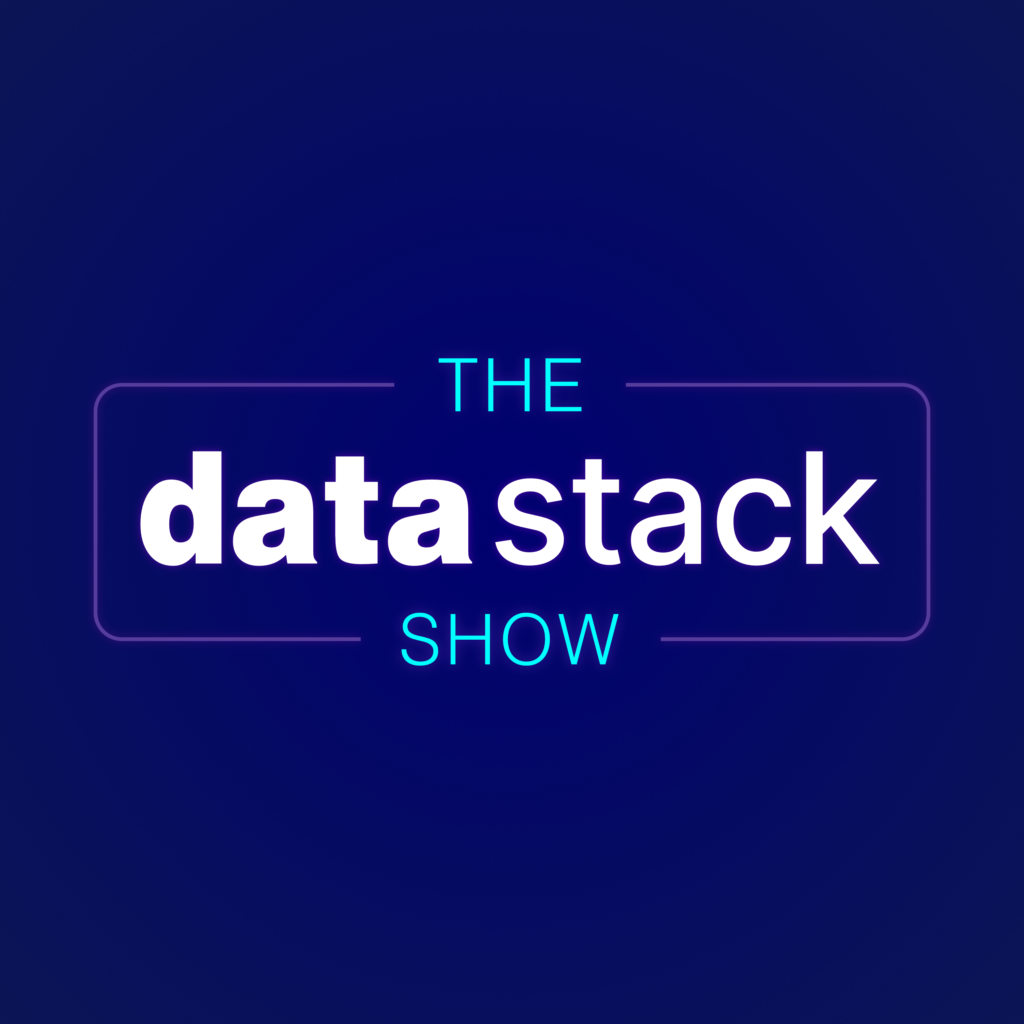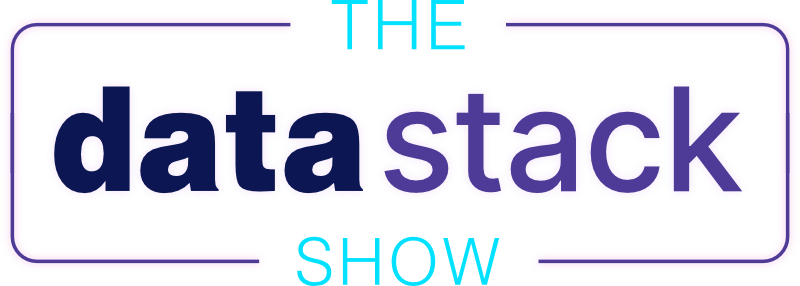
In this bonus episode, Eric and Kostas preview their upcoming conversation with Alex Watson of Gretel.ai.
The Data Stack Show is a weekly podcast powered by RudderStack, the CDP for developers. Each week we’ll talk to data engineers, analysts, and data scientists about their experience around building and maintaining data infrastructure, delivering data and data products, and driving better outcomes across their businesses with data.
RudderStack helps businesses make the most out of their customer data while ensuring data privacy and security. To learn more about RudderStack visit rudderstack.co
Eric Dodds 00:05
Welcome to The Data Stack Show prequel where we replay a snippet from the show we just recorded. Kostas, are you ready to give people a sneak peek?
Kostas Pardalis 00:14
I am. Let’s do it.
Eric Dodds 00:17
Let’s do it. I think my big takeaway from this show, Kostas is that Alex is, number one, so approachable as a person. But number two has such a variety of deep experience in the space, you know, from government intelligence to startups to, you know, delivering things at scale on a crazy timeline, you know, within sight of, you know, within AWS. And so I just grew more and more to respect his opinion throughout the show, which made his final thoughts on where these types of deep learning technologies are going, I think, even more poignant, for me, and I really agree with him, I think he was a really fresh, honest take not to say, Well, you shouldn’t use it for this, or you should use it for this. I mean, he acknowledged outright that, you know, these new technologies are always used in ways that, you know, humanity probably shouldn’t use. And doing things in the open is, you know, a really healthy antidote to that. And so I really appreciated his perspective on that. It sounded simple, but I think was very powerful. And something that I’ll definitely keep from the show. Yeah, 100%.
Kostas Pardalis 01:43
I totally agree with that. I mean, I think at the end, especially when you’re talking about technologies, or knowledge, in general, a lot can wait, I don’t know, like change in a very foundational way, like, the way that we operate as humans. Yeah, it might be scary. Like, obviously, we can make mistakes and use the technology in the wrong way. But at the end, like, that’s how I don’t know why she made it models like to make Congress, right. Another thing that we can change that, and I don’t think that there’s that much value at the ends, in not taking the risk of having access to these new tools or like this new knowledge. And again, the best way like to protect humanity is like to make these things like available to everyone. So I totally agree. I think we’re going to hear more about like these technologies. And, again, there’s a lot of, let’s see, also, like kind of like hype right now. And we’re still like, just scratching the surface of what can be done with these technologies. But I have a feeling like in the next couple of months, we will see like much more like practical computers think users will this technologies and we’ll have more people on the soul. So to talk about itself.
Eric Dodds 03:11
Absolutely. No, it was. It was a great episode, and we want to have them back on but like we said earlier, when we were wrapping up the year we want to talk more about some of these emerging technologies like chat GPT and gravel that are forging new ground. So thank you for joining us. Subscribe if you haven’t tell a friend and we’ll catch you on the next one.

Each week we’ll talk to data engineers, analysts, and data scientists about their experience around building and maintaining data infrastructure, delivering data and data products, and driving better outcomes across their businesses with data.
To keep up to date with our future episodes, subscribe to our podcast on Apple, Spotify, Google, or the player of your choice.
Fill out the form below to get a monthly newsletter from The Data Stack Show team with a TL;DR of the previous month’s shows, a sneak peak at upcoming episodes, and curated links from Eric, Kostas, & show guests.